The week in pictures: November 11th – November 17th, 2014
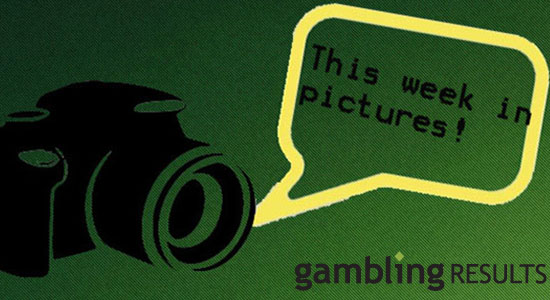
The world last week was a place of excitement and disaster so lets look back at some of the big stories that hit the headlines
Quatar was cleared of allegations of wrong doing surrounding their being awarded the 2022 World Cup by FIFA the body that oversees international soccer. Despite a huge number of allegations the report supposedly gave the rich nation in which it’s actually too hot to feasibly play football a clean bill of health although the report itself is not to be published in full and has already been criticized by one of the authors for being misrepresented. UEFA are already threatening to quit FIFA over the scandal.And a scandal is perhaps what the Rosetta project could become as the 1.4 billion Euro adventure into the depths of space managed to get 300 million miles from Earth, catch up with a speeding comet and then crash into it, bounce a few times and dive into one of the few places its solar panels couldn’t recharge its batteries. Still hailed as a huge success by the scientific community it remains to be seen just how much real information will be gleaned from the results.
Of course real information is hard to come by these days and Vladimir Putin seemed a tad disingenuous when he cited a long journey home and a need for sleep as being the reasons behind his leaving the G20 Summit in Australia quite as early as he did. Of course many observers would point to the fact just about every other leader had lambasted him for his attitude and behavior over Ukraine, and that Russia was rapidly becoming isolated on the world stage.
In sports a very disappointed Roger Federer was forced to pull out of the ATP World Tour final versus long term rival Novak Djokovic due to a back injury. Apologizing in person at the O2 Arena in London he said sorry for not being match fit in what was a massive PR disaster for the ATP, and an unfortunately tainted default win for Djokovic who admitted this wasn’t the way he wanted to win the trophy. Will Federer recover his fitness or have we seen the last of the six time ATP champion? Find out on our daily news pages but in the meantime lets have a look back at our headlines from last week.
1. One company’s trash is another company’s treasure. With Echo Group hunting VIP gamblers, the Townsville casino was becoming too insignificant in the whole picture, so the company sold it for $70 million to someone willing to fix it up and revive it.
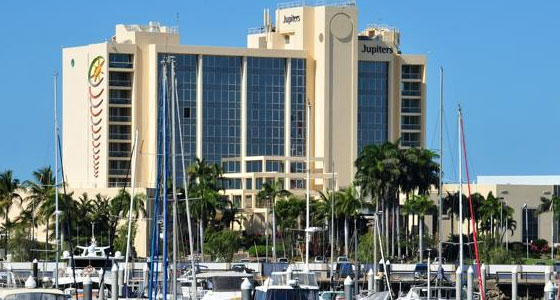
2. After remote gambling operators have taken a major financial blow because of the new license fees and taxes imposed in the UK, the Maltese Government is offering to help heal their bleeding wounds.
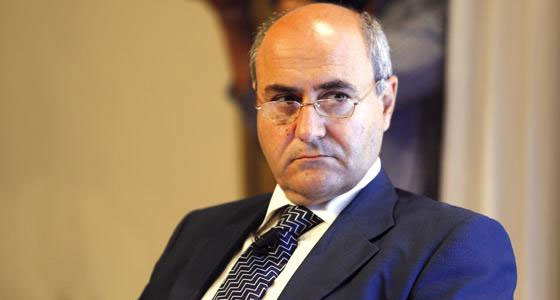
3. A trained chef and poker player, Martin Jacobson has surely figured out the secret recipe for success, because he just won $10 million and his very first gold bracelet at the World Series of Poker.
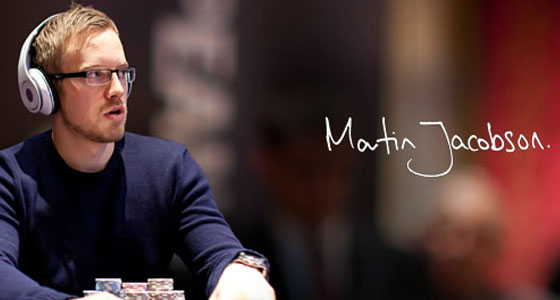
4. It took a long time, but Atlantic City is finally waking up and smelling the coffee. Losing five casinos and leaving thousands of workers unemployed has finally hurt enough to convince officials that it’s time for a change.
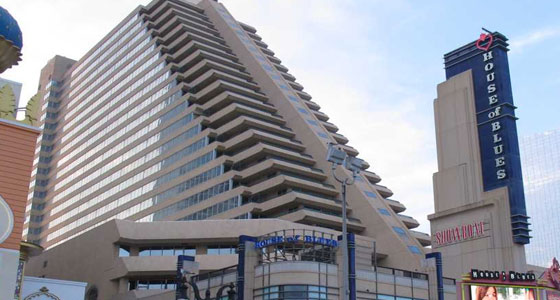
5. One of the largest Asian gambling groups, Genting, is resilient to the general decline on the gambling market.
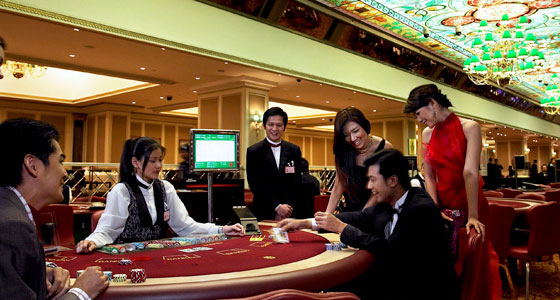
6. The state of Illinois allowed video gaming machines in bars and restaurants and so far the experience has been positive.
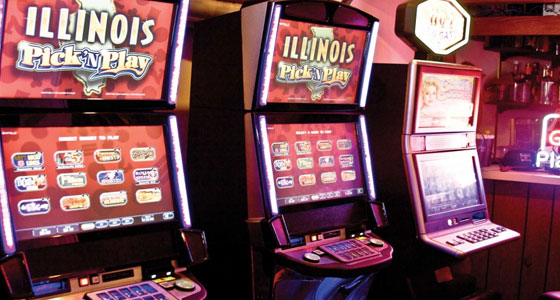
7. New information has been made available in connection to Paul Phua illegal betting ring, which might lead to case dismissal.
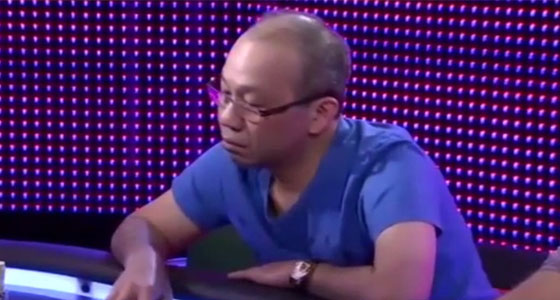
Meanwhile Boko Haran we accused of being behind the suicide bombing that struck a Nigerian school assembly killing 46 and injuring 79 students, an event that made a mockery of government claims to have signed a ceasefire with the Islamic terrorist group, and elsewhere the Dutch have discovered a new outbreak of an even more contagious, and thus dangerous, strain of bird flu that can be transmitted to humans. Will we all end up tarred and feathered? You’ll have to keep up to date with our daily news pages to find out.



The world last week was a place of excitement and disaster so lets look back at some of the big stories that hit the headlines
Quatar was cleared of allegations of wrong doing surrounding their being awarded the 2022 World Cup by FIFA the body that oversees international soccer. Despite a huge number of allegations the report supposedly gave the rich nation in which it’s actually too hot to feasibly play football a clean bill of health although the report itself is not to be published in full and has already been criticized by one of the authors for being misrepresented. UEFA are already threatening to quit FIFA over the scandal.And a scandal is perhaps what the Rosetta project could become as the 1.4 billion Euro adventure into the depths of space managed to get 300 million miles from Earth, catch up with a speeding comet and then crash into it, bounce a few times and dive into one of the few places its solar panels couldn’t recharge its batteries. Still hailed as a huge success by the scientific community it remains to be seen just how much real information will be gleaned from the results.
Of course real information is hard to come by these days and Vladimir Putin seemed a tad disingenuous when he cited a long journey home and a need for sleep as being the reasons behind his leaving the G20 Summit in Australia quite as early as he did. Of course many observers would point to the fact just about every other leader had lambasted him for his attitude and behavior over Ukraine, and that Russia was rapidly becoming isolated on the world stage.
In sports a very disappointed Roger Federer was forced to pull out of the ATP World Tour final versus long term rival Novak Djokovic due to a back injury. Apologizing in person at the O2 Arena in London he said sorry for not being match fit in what was a massive PR disaster for the ATP, and an unfortunately tainted default win for Djokovic who admitted this wasn’t the way he wanted to win the trophy. Will Federer recover his fitness or have we seen the last of the six time ATP champion? Find out on our daily news pages but in the meantime lets have a look back at our headlines from last week.
1. One company’s trash is another company’s treasure. With Echo Group hunting VIP gamblers, the Townsville casino was becoming too insignificant in the whole picture, so the company sold it for $70 million to someone willing to fix it up and revive it.

2. After remote gambling operators have taken a major financial blow because of the new license fees and taxes imposed in the UK, the Maltese Government is offering to help heal their bleeding wounds.

3. A trained chef and poker player, Martin Jacobson has surely figured out the secret recipe for success, because he just won $10 million and his very first gold bracelet at the World Series of Poker.

4. It took a long time, but Atlantic City is finally waking up and smelling the coffee. Losing five casinos and leaving thousands of workers unemployed has finally hurt enough to convince officials that it’s time for a change.

5. One of the largest Asian gambling groups, Genting, is resilient to the general decline on the gambling market.

6. The state of Illinois allowed video gaming machines in bars and restaurants and so far the experience has been positive.

7. New information has been made available in connection to Paul Phua illegal betting ring, which might lead to case dismissal.

Meanwhile Boko Haran we accused of being behind the suicide bombing that struck a Nigerian school assembly killing 46 and injuring 79 students, an event that made a mockery of government claims to have signed a ceasefire with the Islamic terrorist group, and elsewhere the Dutch have discovered a new outbreak of an even more contagious, and thus dangerous, strain of bird flu that can be transmitted to humans. Will we all end up tarred and feathered? You’ll have to keep up to date with our daily news pages to find out.


Vodafone Rises From an 80s Racal to an iPad 3G provider
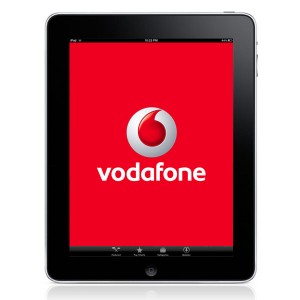
Vodafone is the second largest mobile phone operator in the world based on subscribers, and number one based on revenue. The group is listed on the LSE and NASDAQ markets, and today has operations in 31 countries across the globe. Vodafone employs nearly 80,000 people worldwide, and caters to a subscriber base that is quickly approaching 450 million.
Like many massive companies, Vodafone has humble roots. It started out as part of a group called Racal Telecom, which was founded in 1983. At the time, Racal was one of just two operators licensed to provide mobile services in the UK (along with the now-defunct British Telecom). This early UK network was called Racal Vodafone (Voice Data FONE). It was not until 1991 that Vodafone went independent.
After a bumpy decade filled with mergers, acquisitions, and rebranding, Vodafone made telecommunications history by initializing the world’s first 3G network though Vodafone United Kingdom, setting the stage for the future of mobile communications. This marked a turning point for the company, which soon began to expand globally, becoming the network giant it is today.
Vodafone’s current offerings extend far beyond basic mobile telephone services. In 2009 the group launched Vodafone 360, providing unique mobile internet services for mobile users. Early 2010 the launch of the world’s most inexpensive mobile phone – the Vodafone 150, selling for just $15. Other current offerings include a multimedia portal service called Vodafone Live!, and a 3G USB modem allowing laptop users to browse the internet on a Vodafone 3G service plan.
The near future will see Vodafone’s services expand even further. A recent press release revealed plans to offer dedicated iPad pricing packages by late May, 2010. The iPad is not a mobile phone, but the device’s 3G capabilities will allow Vodafone subscribers to access everything from email and maps to mobile casino games on the device.
Initially, iPad 3G service plans will be offered in Australia, Germany, Italy, Spain and the UK. The iPad uses micro-sim cards, so existing Vodafone 3G subscribers will be required to amend their current contract, paying an additional monthly fee for a new sim card to get iPad service. Both montly contracts and pre-paid packages are expected to be available.
Vodafone only became a registered Apple partner this year, far behind O2 and Orange, who Vodafone will soon be competing against for iPad 3G customers. Pricing plans have yet to be announced, but are expected to come out on May 10 when international iPad preorders begin.
Keeping up with the latest trends is vital for the survival of a company like Vodafone. Company boss Vittorio Colao recently said: “Anything that improves the customer experience with mobile data is welcome and as such I would be very interested in having it.”

Vodafone is the second largest mobile phone operator in the world based on subscribers, and number one based on revenue. The group is listed on the LSE and NASDAQ markets, and today has operations in 31 countries across the globe. Vodafone employs nearly 80,000 people worldwide, and caters to a subscriber base that is quickly approaching 450 million.
Like many massive companies, Vodafone has humble roots. It started out as part of a group called Racal Telecom, which was founded in 1983. At the time, Racal was one of just two operators licensed to provide mobile services in the UK (along with the now-defunct British Telecom). This early UK network was called Racal Vodafone (Voice Data FONE). It was not until 1991 that Vodafone went independent.
After a bumpy decade filled with mergers, acquisitions, and rebranding, Vodafone made telecommunications history by initializing the world’s first 3G network though Vodafone United Kingdom, setting the stage for the future of mobile communications. This marked a turning point for the company, which soon began to expand globally, becoming the network giant it is today.
Vodafone’s current offerings extend far beyond basic mobile telephone services. In 2009 the group launched Vodafone 360, providing unique mobile internet services for mobile users. Early 2010 the launch of the world’s most inexpensive mobile phone – the Vodafone 150, selling for just $15. Other current offerings include a multimedia portal service called Vodafone Live!, and a 3G USB modem allowing laptop users to browse the internet on a Vodafone 3G service plan.
The near future will see Vodafone’s services expand even further. A recent press release revealed plans to offer dedicated iPad pricing packages by late May, 2010. The iPad is not a mobile phone, but the device’s 3G capabilities will allow Vodafone subscribers to access everything from email and maps to mobile casino games on the device.
Initially, iPad 3G service plans will be offered in Australia, Germany, Italy, Spain and the UK. The iPad uses micro-sim cards, so existing Vodafone 3G subscribers will be required to amend their current contract, paying an additional monthly fee for a new sim card to get iPad service. Both montly contracts and pre-paid packages are expected to be available.
Vodafone only became a registered Apple partner this year, far behind O2 and Orange, who Vodafone will soon be competing against for iPad 3G customers. Pricing plans have yet to be announced, but are expected to come out on May 10 when international iPad preorders begin.
Keeping up with the latest trends is vital for the survival of a company like Vodafone. Company boss Vittorio Colao recently said: “Anything that improves the customer experience with mobile data is welcome and as such I would be very interested in having it.”














